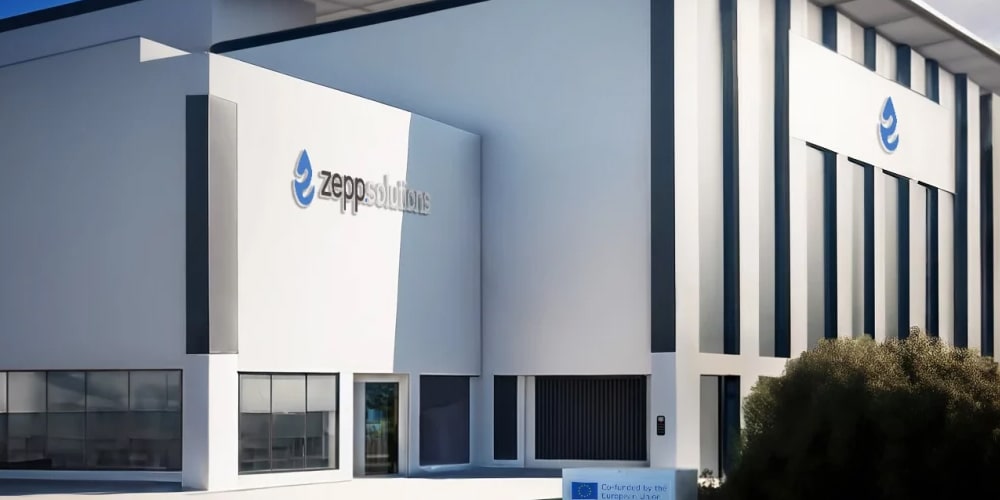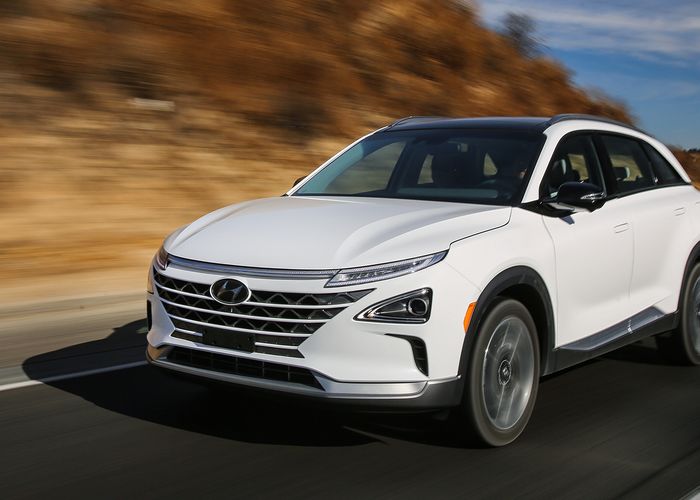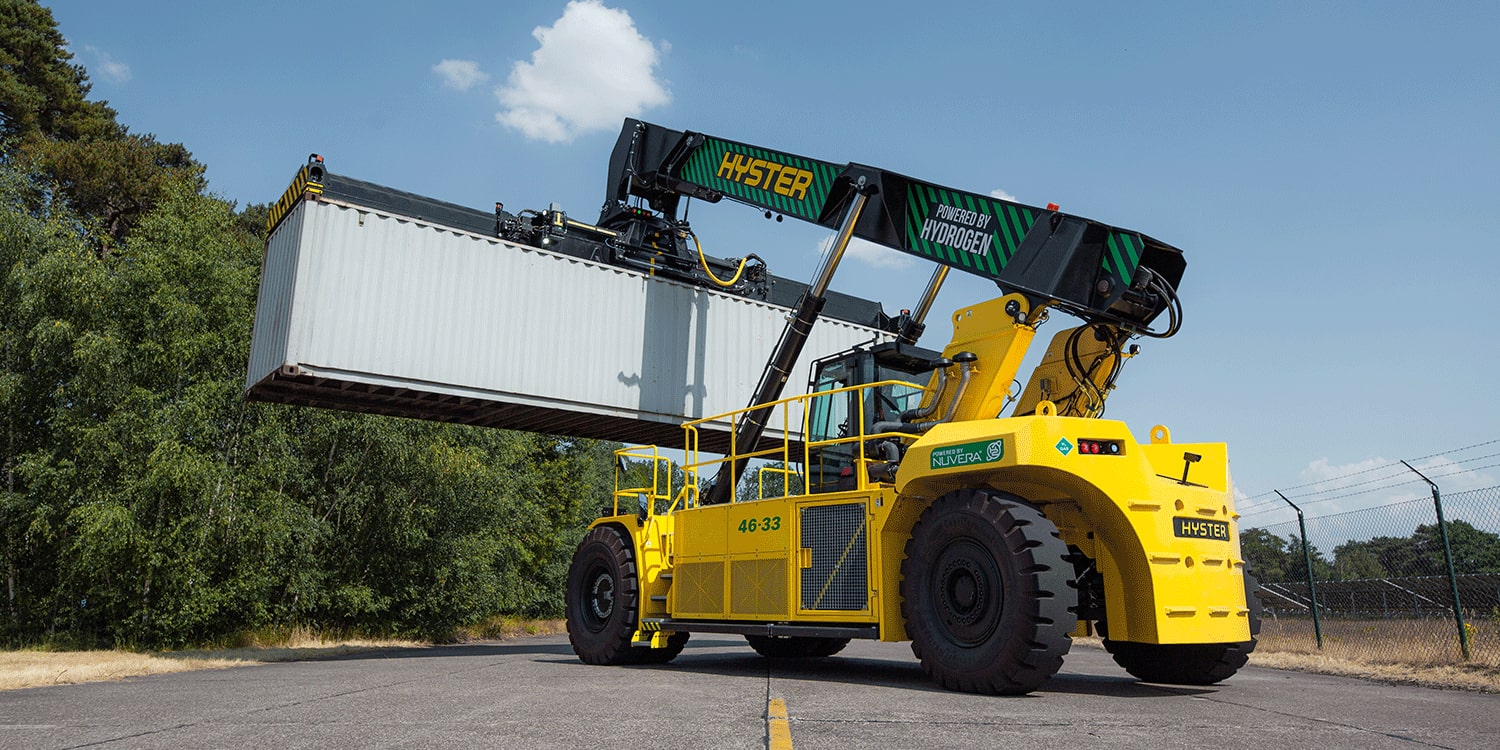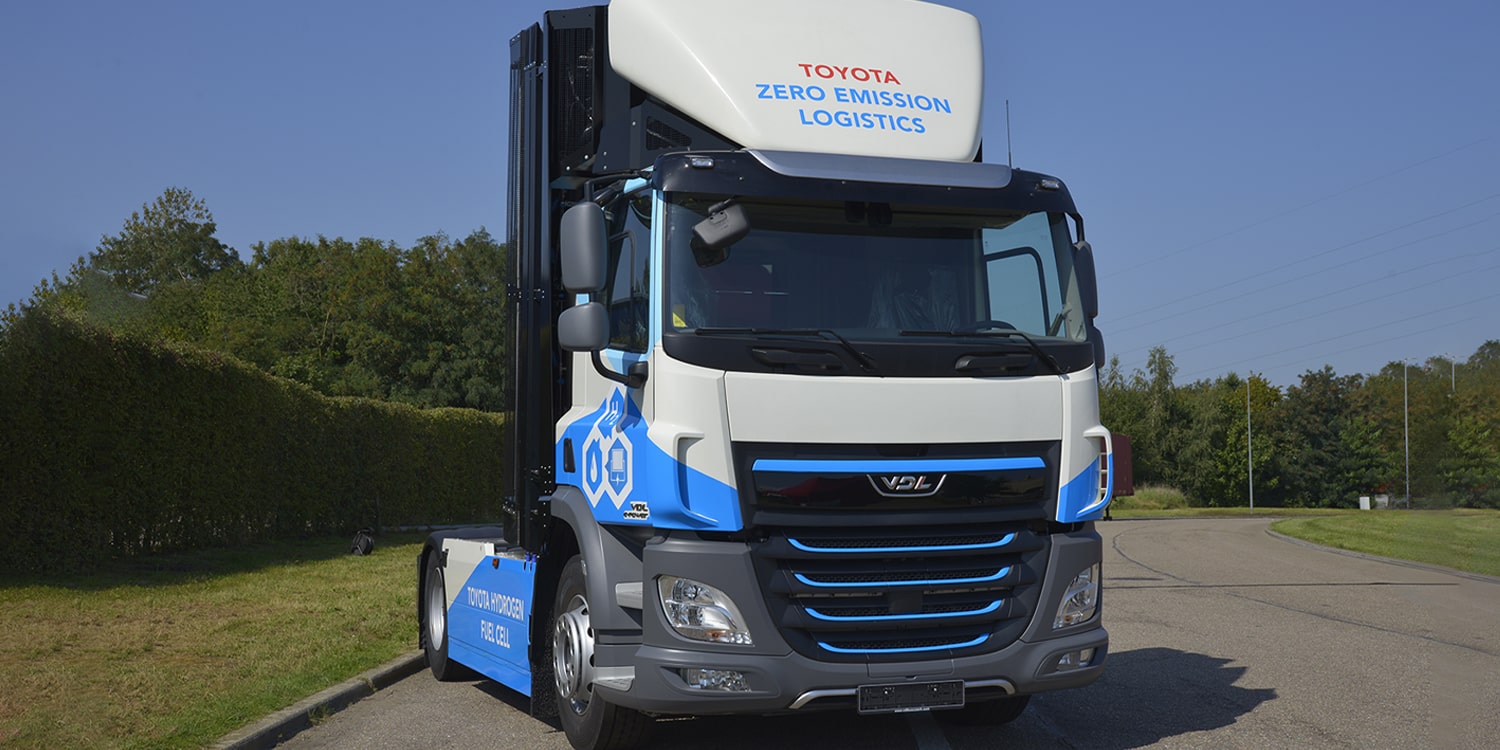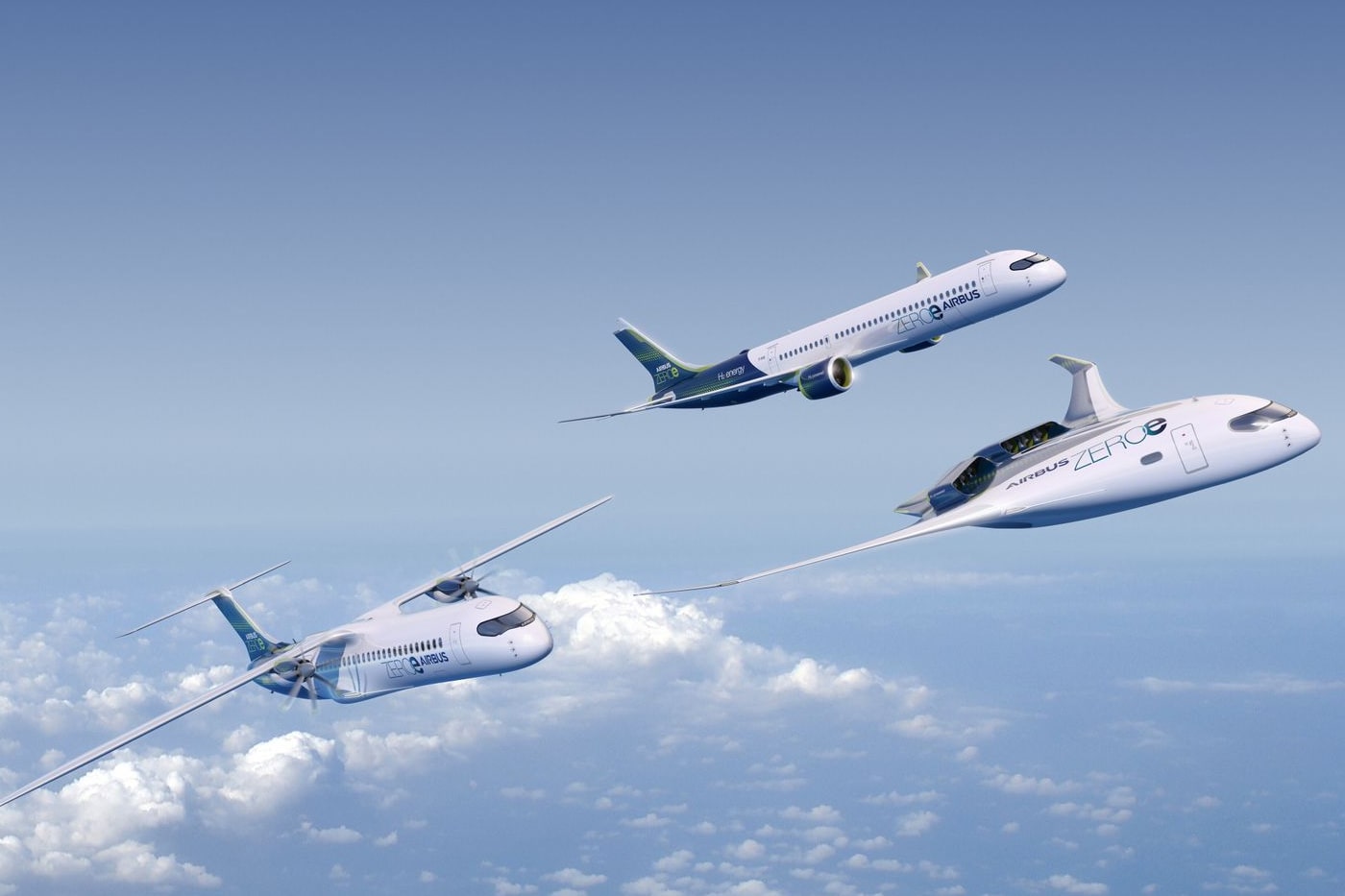In a significant stride towards advancing the field of sustainable mobility, Airbus, BMW, and quantum computing provider Quantinuum have united their expertise to delve into innovative solutions for fuel cell catalysts. The collaborative effort focuses on investigating chemical reactions within catalysts, with the ultimate aim of enhancing the efficiency and feasibility of fuel cell technologies.
A recently published technical paper authored by these influential partners showcases their accomplishment in accurately modeling the intricate oxygen reduction reaction (ORR) occurring on the surface of platinum-based catalysts. The ORR, integral to the process of transforming hydrogen and oxygen into electricity and water within a fuel cell, plays a crucial role in determining the overall efficiency of the mechanism. However, its inherent sluggishness and the substantial requirement for platinum catalysts have posed challenges to the efficacy of the entire process.
Addressing these challenges, the research consortium has embarked on a journey of unraveling the fundamental mechanisms underlying the ORR reaction. The insights gleaned from this endeavor hold the promise of identifying alternative materials that can not only enhance performance but also potentially reduce production costs, as highlighted by the initiators of the study.
Dr. Peter Lehnert, Vice-President of Research Technologies at BMW Group, emphasized the significance of this collaborative effort, stating, “Circularity and sustainable mobility are putting us on a quest for new materials, to create more efficient products and shape the future premium user experience.” Dr. Lehnert further highlighted the instrumental role of quantum computing in expediting innovation within this critical domain.
The implications of this research extend to diverse sectors of sustainable technology. Isabell Gradert, Vice President of Central Research and Technology at Airbus, expressed the alignment of this study with their pursuit of hydrogen-powered alternatives such as the ZEROe aircraft, which holds potential for revolutionizing aviation. “The study confirms that quantum computing is maturing at the scale we need for aviation,” Gradert affirmed.
The collaborative venture between Airbus, BMW, and Quantinuum is part of a larger trend within the industry, where quantum computing is being harnessed to drive advancements in eMobility development. Notable players like Bosch and IBM are focusing on optimizing eMobility materials, utilizing quantum computing’s ability to accurately simulate materials with strongly correlated electrons. Similarly, Volkswagen and Canadian startup Xanadu are exploring the potential of quantum computing to revolutionize future battery generations, while Hyundai aims to leverage quantum computing for advancements in battery development.



